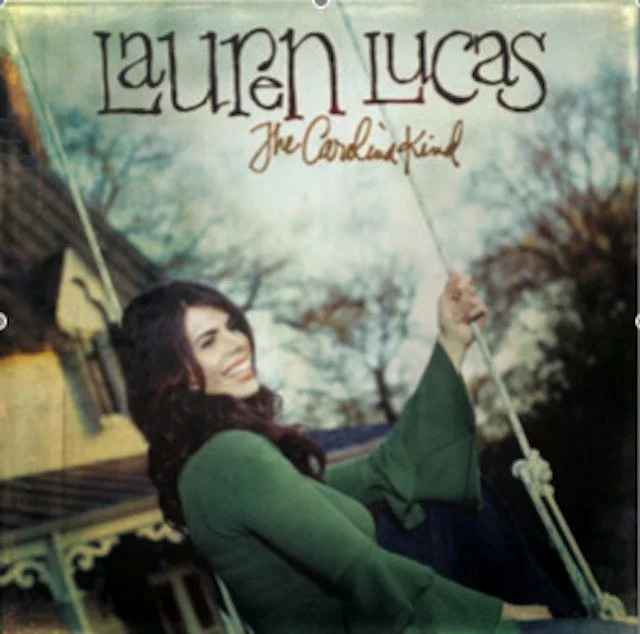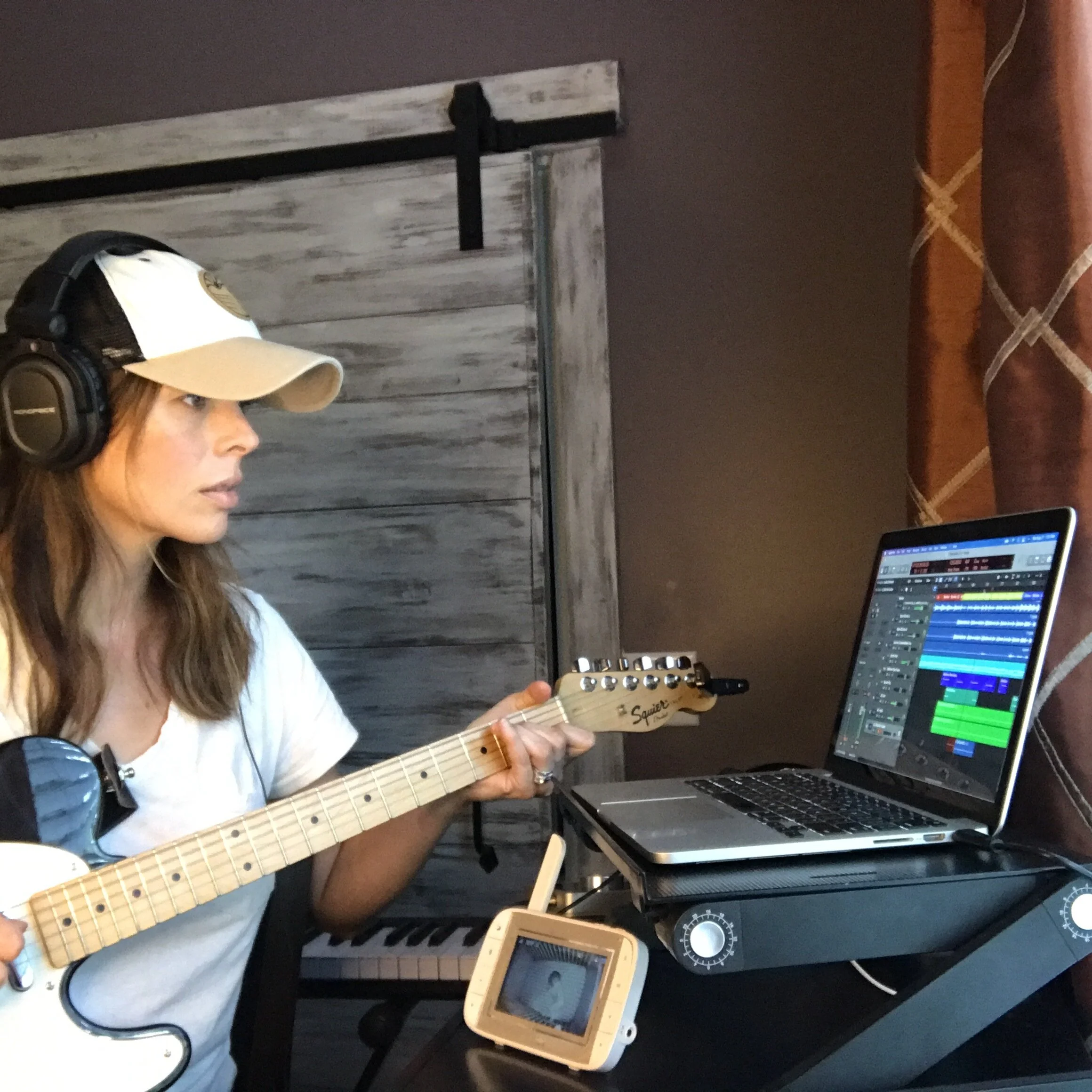If you are a songwriter, then you have a problem.
Relax. I’m not talking about Hemingway-sized alcoholic tendencies or crazy dark mood swings (although, many creative writers have those problems, as well). Your problem as a writer is a blank page. Our job as songwriters is to take the essence of an idea, marry it with emotion and make it rhyme in 15 to 20 lines of lyric.
So, how are we going to fill that page?
In my experience with co-writing and talking to my peers in the songwriting community, it seems no one finds inspiration the same way. Some people start with a lyric idea and don’t even consider melody until the lyric is written. Others vibe out on a melody and let nonsense words or syllables fall out until they turn into actual words. There are countless other ways. Let’s look at a few of my favorites.
I’m going to share with you 4 ways to find the inspiration you need to write your next song, even if you don’t have any ideas.
Make inspiration, don’t wait for it. Stop the scroll! Yup, you heard me. Turn off the smart phones, TV and laptop. Plan 30 minutes, an hour, 3 hours - whatever you’ve got. Discipline yourself to stay focused on creativity for that amount of time. What happens in this time doesn’t have to be active writing. In fact, it’s probably not going to be. The flip side of turning off all distractions is that you sit in a quiet room with an empty head waiting for brilliance to strike. If that’s your strategy, you’ll likely be waiting or a long time. Then, you’ll just get frustrated coming up with nothing.
In the time you’ve set aside for yourself, do things that inspire creativity. You might strum your guitar, or brain dump into a journal. Perhaps you already have a lyrical hook burning a hole in your brain. So, maybe you take 30 minutes to write as many rhyming couplets as you can think of for that hook.
If you do any of these things during your distraction-free creative time, then that would be a good day’s work. You’re teasing out inspiration. The more you set aside quiet time for creative play, the more often inspiration will appear.
Read. Let’s be honest, there are no new ideas. We’re all subconsciously “borrowing” from everything we’ve ever heard or experienced and putting our own spin on it. We need input in order to have output. A former publisher of mine used to tell me, “You can’t write if you don’t read.”
Tom Douglas (“The House that Built Me,” “Little Rock”) told me that he reads the news, the Bible and a piece of fiction every day as part of his daily writing process.
Hey, if it’s good enough for Tom Douglas, it’s good enough for me.
Dare to suck. This might be the most important step. It took me years to feel comfortable opening up to my co-writers with ideas or lines that weren’t quite perfect. Even now when I write by myself, I have trouble letting everything flow out without major self-editing. At this point in the writing process, it’s just a big ol’ brainstorm. And here’s the thing about brainstorming: there is no such thing as a bad idea. When you say (or write down) everything that’s on your mind during brainstorming, one of three things will happen:
Ideas build upon each other. Whatever you say will likely spark a new idea in yourself or your co-writer.
Sometimes, you just need to get the mental cobwebs out in order to get to the good stuff.
You’ll solve your problem and finish your song.
I can’t promise you a hit song, or even a cut, but I can promise you the sooner you dare to suck, the better writer you’ll be.
Quit. Sometimes a song just won’t behave. The momentum dies, you’re frustrated and the meter or rhyme isn’t feeling quite right. Don’t force anything. Just quit! Not for good — for a few hours or maybe for the day. Go grab lunch. Take a walk. Movement is a great way to get yourself unstuck.
Sometimes we’re just too close to the idea to see how the story should go. When your brain is fried, pushing through will likely just make you more frustrated and you won’t get any further. Or worse, you’ll start phoning it in just to make the line rhyme or the phrase fit. Give your brain the mental break it needs and come back fresh. You’ll likely see the problem and be able to fix it quickly when you revisit the song.
Every writer finds inspiration a little bit differently, and often no one finds it the same way twice. Do you have any tried and true ways of finding inspiration to write and teasing out new ideas? Let me know in the comments. I want to hear them!
Other Posts You Might Like…
Find More in Music →
Music
Find More in Personal Growth →






I don’t always know when my music is truly making a difference in someone’s life. We write and record songs with the intent of moving people, but after we throw these creations out into the world, we rarely know whose ears they’re hitting or if they’re moving anyone at all.
I got to experience a life-changing musical moment recently. I want to tell you about it. Keep reading…